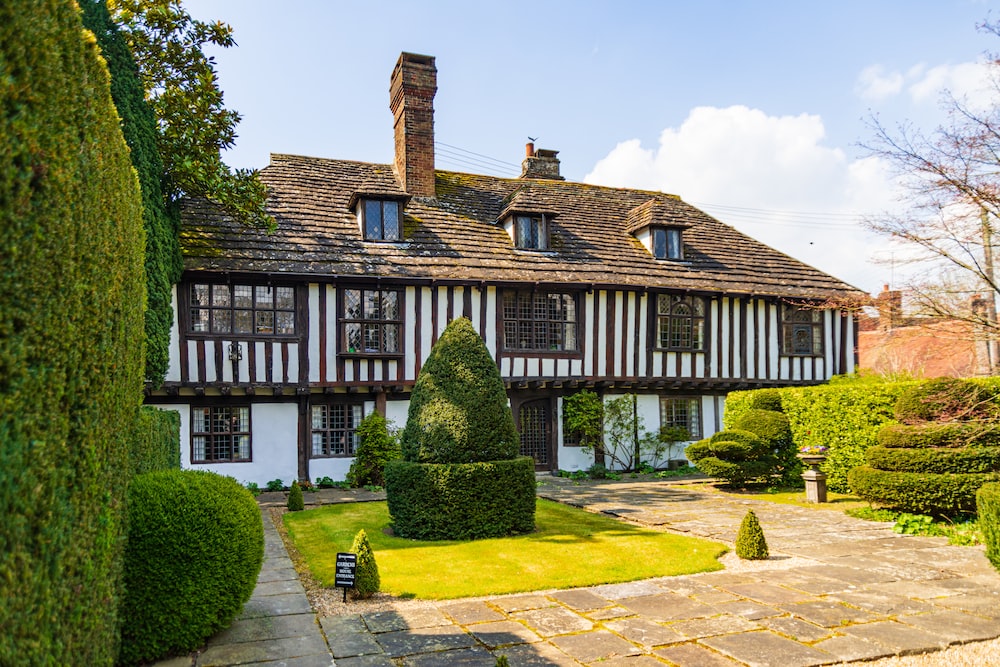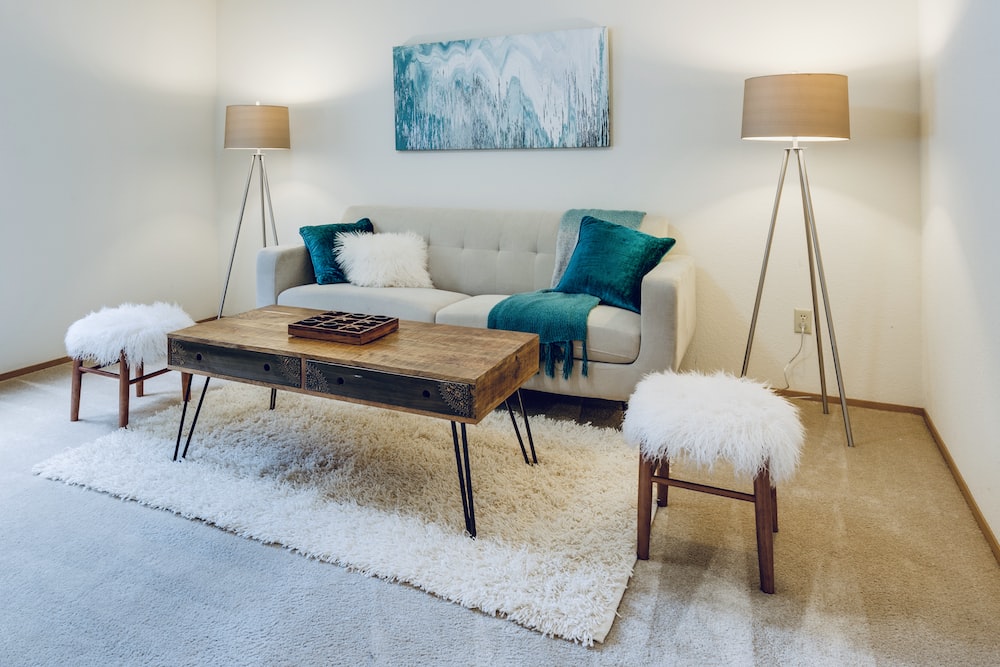Selling a fixer-upper house can be a daunting task, particularly if you’re not familiar with the best strategies to attract potential buyers. However, with the right approach, you can successfully sell your fixer-upper and get a fair price for it. In this comprehensive guide, we’ll outline the top tips for selling a fixer-upper house that will help you navigate the process with ease.
1. Understand Your Potential Buyers
Before you list your fixer-upper for sale, it’s essential to know the types of buyers you’ll likely attract. Typically, you’ll be targeting budget-conscious buyers looking for a bargain, as well as investors and house flippers seeking properties with potential for profit. Keep this target audience in mind when you’re preparing your home for sale and crafting your marketing materials.
Budget-Conscious Buyers
These are buyers who are priced out of the market for fully renovated homes in your area. They are willing to put in some work on a fixer-upper to make it their dream home. Highlight the potential of your home and emphasize its affordability in comparison to renovated properties in the area.
Investors and House Flippers
These buyers are looking for properties they can renovate and sell for a profit. They’ll be interested in your fixer-upper if it has potential for high returns on investment, such as a desirable location or unique features. Be prepared for lowball offers and quick turnaround times from this type of buyer.
2. Price Your Fixer-Upper Appropriately
One of the most crucial tips for selling a fixer-upper is pricing it correctly. Overpricing your home will turn off potential buyers who have plenty of resources to help them make informed offers. To avoid this, research comparable properties in your area and price your home at or slightly below the going rate.
Research Comparable Properties
Study recently sold fixer-upper properties in your area to get a sense of the current market. Take note of the features, location, and condition of these homes, as well as their selling prices. This information will help you determine a fair and competitive price for your own fixer-upper.
Consult with a Real Estate Agent or Appraiser
Seek the advice of a real estate agent or appraiser who has experience selling fixer-uppers. They can provide valuable insights on the best pricing strategy for your specific property, taking into account factors like location, condition, and market trends.
3. Market Your Fixer-Upper Effectively
Effective marketing is essential for selling a fixer-upper. Your goal is to showcase the potential of your property and pique the interest of potential buyers. Consider the following tips to craft compelling marketing materials for your fixer-upper:
Highlight Recent Updates and Unique Features
If you’ve made any updates or improvements to your fixer-upper, be sure to mention them in your listing description. Additionally, focus on any unique selling points such as a prime location, an interesting floor plan, or spacious rooms.
Mention Renovation Loans and Mortgages
Include information about renovation loans and mortgages in your listing, as this can help potential buyers understand their financing options. This can be particularly attractive to budget-conscious buyers who may need assistance with funding their home improvement projects.
Invest in Professional Photography
High-quality photos are essential for showcasing your fixer-upper’s potential. Consider hiring a professional photographer to capture your home’s best features, both inside and out. This small investment can make a significant difference in attracting potential buyers.
4. Choose the Right Selling Strategy
There are several strategies for selling a fixer-upper house, each with its own advantages and drawbacks. Consider the following options and choose the one that best suits your needs and goals:
Sell Through a Platform with a Flat Fee
One option is to sell your fixer-upper through an online platform that charges a flat fee instead of a commission. This can help you save on transaction costs and keep more money in your pocket. However, you’ll need to handle most of the selling process yourself, including marketing, negotiating, and closing the deal.
Partner with a Real Estate Agent
If you prefer a more hands-off approach, consider working with a real estate agent who has experience selling fixer-uppers. An agent can handle all aspects of the selling process on your behalf, but their commission will be an additional expense to consider.
Sell to an Investor or House Flipper
Another option is to sell your fixer-upper directly to an investor or house flipper. This can result in a faster sale and a cash offer, but you may need to accept a lower price than you would through other selling strategies.
5. Prepare Your Fixer-Upper for Sale
Before listing your fixer-upper, it’s essential to address any significant issues and make the property as presentable as possible. This can help attract potential buyers and increase the chances of receiving a fair offer.
Address Major Repairs
If your fixer-upper has any significant structural or safety issues, it’s crucial to address these before listing the property. While it may require an upfront investment, fixing major problems can help prevent potential buyers from walking away once they discover the issues during a home inspection.
Enhance Curb Appeal
First impressions are critical, so make sure your fixer-upper looks its best from the outside. Trim overgrown shrubs, add some colorful plants, or give your exterior a fresh coat of paint. These simple improvements can make a big difference in attracting potential buyers.
Declutter and Clean
A thorough cleaning and decluttering of your fixer-upper can create a more inviting atmosphere for potential buyers. A clean, uncluttered space also makes it easier for buyers to envision the potential of your home, making it more appealing.
6. Be Honest About Your Fixer-Upper’s Faults
Transparency is essential when selling a fixer-upper. Be upfront about any issues with your property, as this can help build trust with potential buyers and prevent unpleasant surprises during the home inspection.
Disclose Known Issues
Provide potential buyers with a list of known issues and any repair estimates you have. This information can help buyers make informed decisions and understand the scope of work required to transform your fixer-upper into their dream home.
Offer a Home Warranty
A home warranty can provide peace of mind to potential buyers by covering certain repair and maintenance costs for a specified period after the sale. Offering a home warranty can help alleviate concerns about potential problems with your fixer-upper and make it more attractive to buyers.
7. Set Realistic Expectations for Offers
When selling a fixer-upper, be prepared for the possibility of receiving low offers or offers from investors looking for a quick turnaround. Set realistic expectations for the offers you’ll receive and establish a minimum acceptable price.
Allow Time for Offers to Come In
Resist the temptation to accept the first offer that comes in, especially if it’s from an investor looking for a quick deal. Give yourself some time to receive multiple offers, which can help you negotiate a better price for your fixer-upper.
Know Your Bottom Line
Establish a minimum acceptable price for your fixer-upper before listing it. This can help you avoid accepting an offer that you’ll later regret and ensure that you get a fair price for your property.
8. Play Up Your Fixer-Upper’s Best Features
When showing your fixer-upper to potential buyers, emphasize its best features and unique selling points. This can help buyers see the potential in your property and make it more appealing.
Showcase Unique Architectural Details
If your fixer-upper has any unique architectural features, such as original woodwork or an interesting floor plan, make sure to highlight these during showings. These details can help your property stand out from other fixer-uppers on the market.
Point Out the Home’s Potential
Help potential buyers visualize the possibilities for your fixer-upper by pointing out areas where improvements could be made. For example, discuss how a cramped kitchen could be opened up, or how a dated bathroom could be transformed with modern fixtures.
9. Be Flexible with Showings and Open Houses
To maximize your chances of receiving offers, it’s essential to make your fixer-upper available for showings and open houses as much as possible. Be prepared to accommodate buyers’ schedules and be flexible with your own.
Offer Weekend and Evening Showings
Many potential buyers work during the week and can only view properties on evenings and weekends. Offering showings during these times can help ensure that your fixer-upper is seen by as many potential buyers as possible.
Host Open Houses
Open houses are an excellent opportunity for potential buyers to view your fixer-upper without feeling the pressure of a private showing. Schedule open houses at convenient times for buyers, such as weekend afternoons, to maximize attendance.
10. Consider External Factors When Selling Your Fixer-Upper
Finally, it’s essential to consider external factors that may impact the sale of your fixer-upper, such as market conditions and the time of year.
Time Your Listing Strategically
The time of year you list your fixer-upper can impact how quickly it sells and the offers you receive. For example, fewer buyers may be interested in purchasing a fixer-upper during the winter months in areas with harsh weather conditions. Consider the timing of your listing and adjust your pricing and marketing strategies accordingly.
Monitor Market Conditions
Keep an eye on local market conditions, as these can impact the sale of your fixer-upper. For example, in a buyer’s market, you may need to be more flexible with your pricing and negotiations. Conversely, in a seller’s market, you may have more leverage to hold out for a higher offer.
In conclusion, selling a fixer-upper house can be a challenging process, but with the right strategies in place, you can successfully navigate the journey and secure a fair price for your property. By understanding your potential buyers, pricing your fixer-upper appropriately, marketing it effectively, and being flexible with showings and negotiations, you can increase your chances of selling your fixer-upper and moving on to your next adventure.









